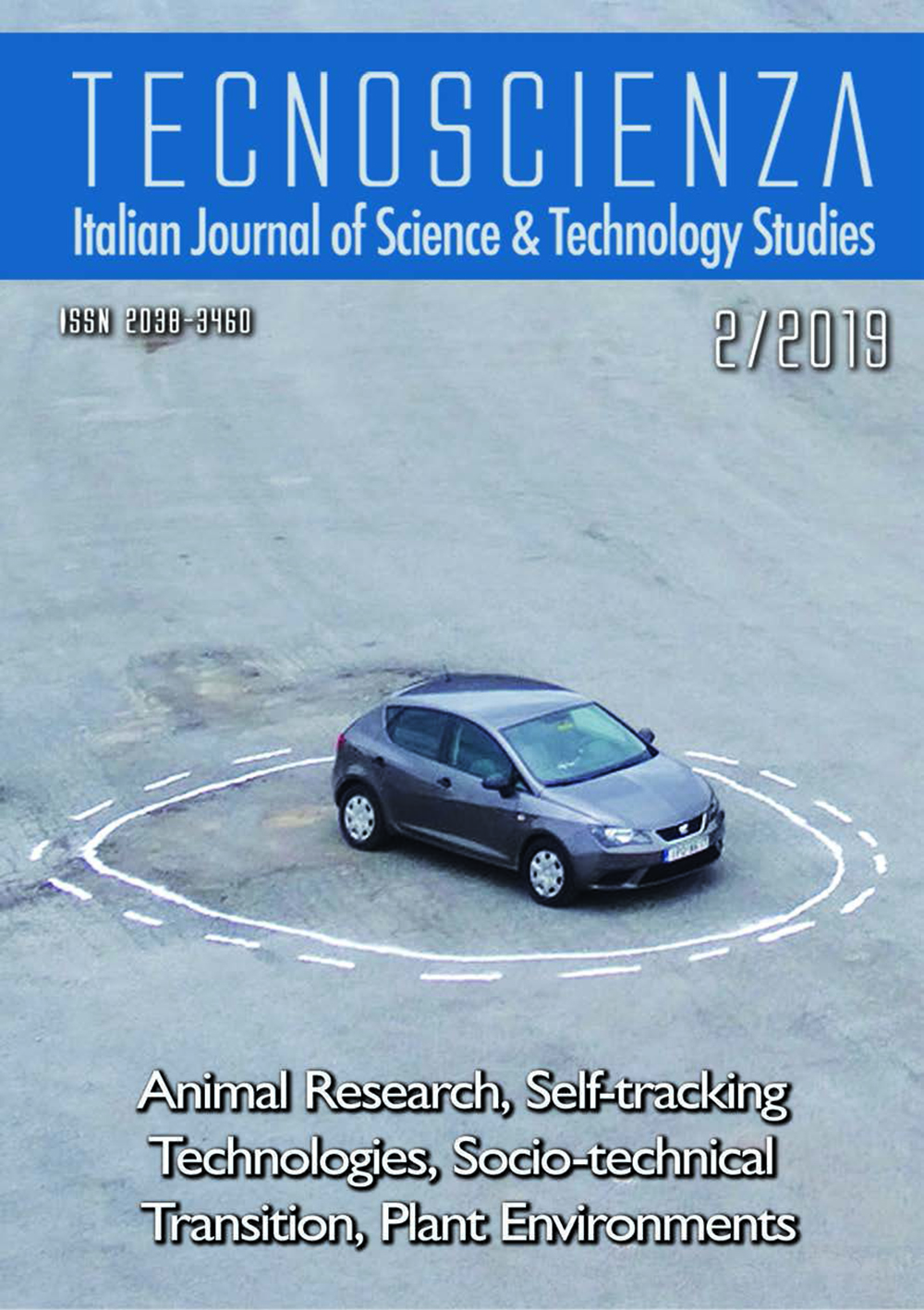Self-tracking Technologies and the Menstrual Cycle: Embodiment and Engagement with Lay and Expert Knowledge
DOI:
https://doi.org/10.6092/issn.2038-3460/17441Keywords:
self-tracking practices, embodiment, body, engagement, humans and non-human actors, intra-actionsAbstract
The paper explores how humans intra-act with self-tracking technologies, reconfiguring the plurality of expert and lay knowledge. In particular, the current contribution presents an empirical analysis of the use of apps to manage menstrual periods. The article is positioned at the crossroad between three literatures: actor-network theory; new relational materialism; and a sociomaterial perspective on the medical field as relates to self-tracking practices. These approaches contribute to pay attention on the processes of embodiment and embodied knowing situated into sociomaterial practices. The aim is to explore how the body learns “to be affected” through the material entanglements between humans and apps, and how selftracking technologies are engaged and provide support for processes of embodied knowledge. Research findings draw attention to how interviewees intra-act with apps for menstrual tracking, along an imaginary continuum at whose opposite points we can find – on the one hand – minimal engagement with the knowledge inscribed in the app and – on the other – an affective engagement with the knowledge suggested by the app. This continuum shows the overlapping intra-actions that perform embodied knowledge about how women fertility, subordinate to the various historical stereotypes, works.





